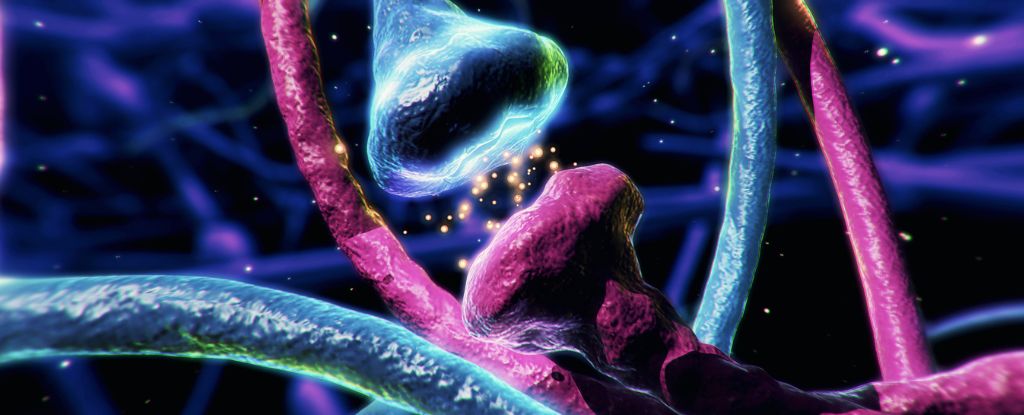Understanding the Complex Role of Dopamine in the Brain
Dopamine is one of the most studied chemical messengers in the human brain, yet its exact mechanisms remain a subject of ongoing research. For many years, scientists believed that dopamine acted like a slow-acting chemical megaphone, spreading throughout the brain to influence various target cells. However, recent studies have challenged this traditional view, revealing a more nuanced and dynamic process.
Newer research suggests that dopamine can also send short, sharp signals—like precise whispers—directed at neighboring cells within milliseconds. This localized signaling could be a fundamental building block of the brain’s dopamine system that has been previously overlooked. If confirmed, this discovery could significantly alter our understanding of how dopamine functions in regulating behavior and cognition.
The Dual Nature of Dopamine Signaling
Dopamine plays a crucial role in the brain, influencing a wide range of behaviors such as movement, mood, sleep, memory, reward, and motivation. Unlike dopamine in the bloodstream, which helps regulate organ function and immune responses, the brain’s dopamine is specifically involved in neural communication.
Neurons that release dopamine do so through different firing patterns, but the exact messages these signals convey remain unclear. The ability to send both fast and slow signals may explain how the brain’s dopamine system achieves such specificity and efficiency in its operations.
New Insights from Advanced Imaging Techniques
Scientists at the University of Colorado and Augusta University used a special microscope designed for imaging living tissues to study dopamine release in the brains of live mice. By triggering local dopamine release and using fluorescent staining, they observed how it activated receptors in only a few small areas of nearby neurons. This short-range activation led to a rapid neural response, while broader dopamine release resulted in a slower reaction.
“Our current research found that dopamine signaling and transmission in the brain is much more complex than we thought,” says pharmacologist Christopher Ford from the University of Colorado. “We knew that dopamine plays a role in many different behaviors, and our work gives the beginning of a framework for understanding how all those different behaviors could all be regulated by dopamine.”
The Striatum and Its Role in Dopamine Function
The specific neurons studied by Ford and his colleagues are located in the striatum, a part of the basal ganglia involved in motor control and reward systems. The striatum is rich in dopamine-releasing neurons and is implicated in several neurodegenerative disorders, including schizophrenia, addiction, and ADHD.
Parkinson’s disease, for example, is characterized by the degeneration of dopamine neurons connecting to the striatum. A better understanding of how dopamine sends signals in this region of the brain could be critical for developing new treatments for a variety of conditions.
Implications for Neurological and Psychiatric Disorders
Despite significant progress, researchers emphasize that there is still much to learn about how dysfunctions in dopamine contribute to diseases like Parkinson’s, schizophrenia, and addiction. “We are really only at the tip of the iceberg in trying to understand how dysfunctions in dopamine contribute to diseases like Parkinson’s disease, schizophrenia or addiction,” says Ford. “More work is needed to grasp how these specific changes in dopamine signaling are affected in these different neurological and psychiatric diseases.”
This groundbreaking study, published in Science, highlights the complexity of dopamine signaling and opens new avenues for research into the treatment of brain-related disorders. As scientists continue to explore the intricacies of dopamine, they may uncover key insights that could lead to more effective therapies for a range of neurological and psychiatric conditions.







